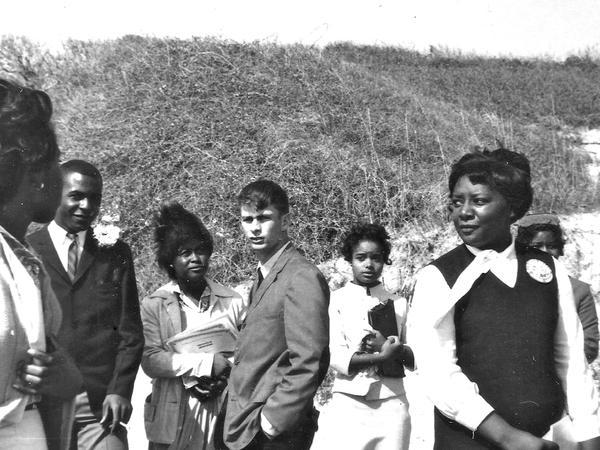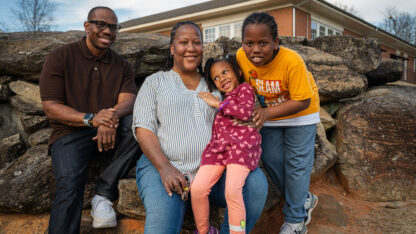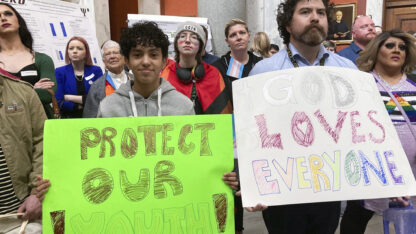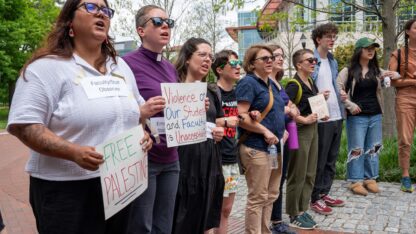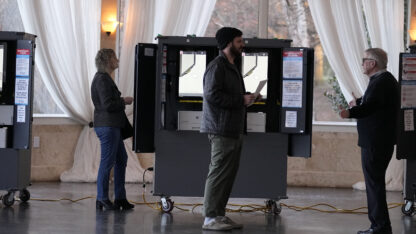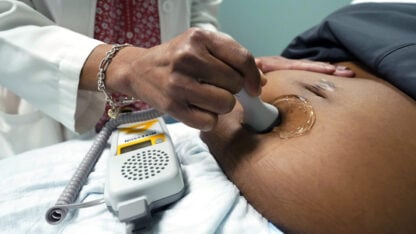‘The Class Of 65’ Recalls Racism, Prompts Forgiveness
Dear Greg,
I expect you will be quite surprised to hear from me. If you remember me at all, it will likely be for unpleasant reasons. I was a classmate of yours at Americus High School and graduated with you in 1965.
I don’t recall ever directly assaulting you, but I probably did, to gain acceptance and accolades of my peers. In any case, I surely participated as part of an enabling audience and tacitly supported and encouraged those who did. For that I am deeply sorry and regretful.”
That is part of a letter written to Greg Wittkamper from a former high school classmate, David Morgan. They attended Americus High School in Americus, Georgia, which is a little over two hours south of Atlanta.
The letter arrived four decades later from when they graduated in 1965.
There’s a lot more to this story and it’s told in a new book, “The Class of ’65: A Student, A Divided Town, and the Long Road to Forgiveness” by former longtime Atlanta Journal-Constitution reporter Jim Auchmutey.
Auchmutey and Greg Wittkamper both joined Rose Scott and Denis O’Hayer on “A Closer Look” to talk about Wittkamper’s story.
Wittkamper grew up on Koinonia Farm, an interracial community founded in 1942 and located nine miles south of Americus. The farm was 1,100 acres farmed by the 60 people that inhabited the commune.
The “Koinonia people” believed in racial equality.
A belief system that clearly was in direct opposition of the small Georgia town.
“We kids from Koinonia were treated like we were lepers. It would be social suicide for a student to show us any empathy and so we [were] isolated and tormented, kicked, spit on and everything you can imagine,” Wittkamper told Rose and Denis.
Wittkamper said his parents were passive and didn’t believe in fighting or retaliation.
That philosophical approach to conflict resolution meant Wittkamper never fought back when punched by other students for befriending the blacks that were now part of Americus High School. He was tripped, shoved and punched.
The notion that a “whites only” approach to education was an alien idea to Wittkamper, so he and his commune upbringing didn’t fit among his peers.
Wittkamper was even heckled as he walked across the stage on graduation day.
Forty decades later, some of those who cupped their fist to boo Wittkamper used their hands for a more docile gesture.
That brings us back to the letter.
“Throughout the last 40-plus years, I have occasionally thought of you and those dark days that you endured at our hands,” wrote David Morgan, as told in Auchmutey’s book.
It was just the beginning of more letters that would soon follow.
9(MDAxODM0MDY4MDEyMTY4NDA3MzI3YjkzMw004))
